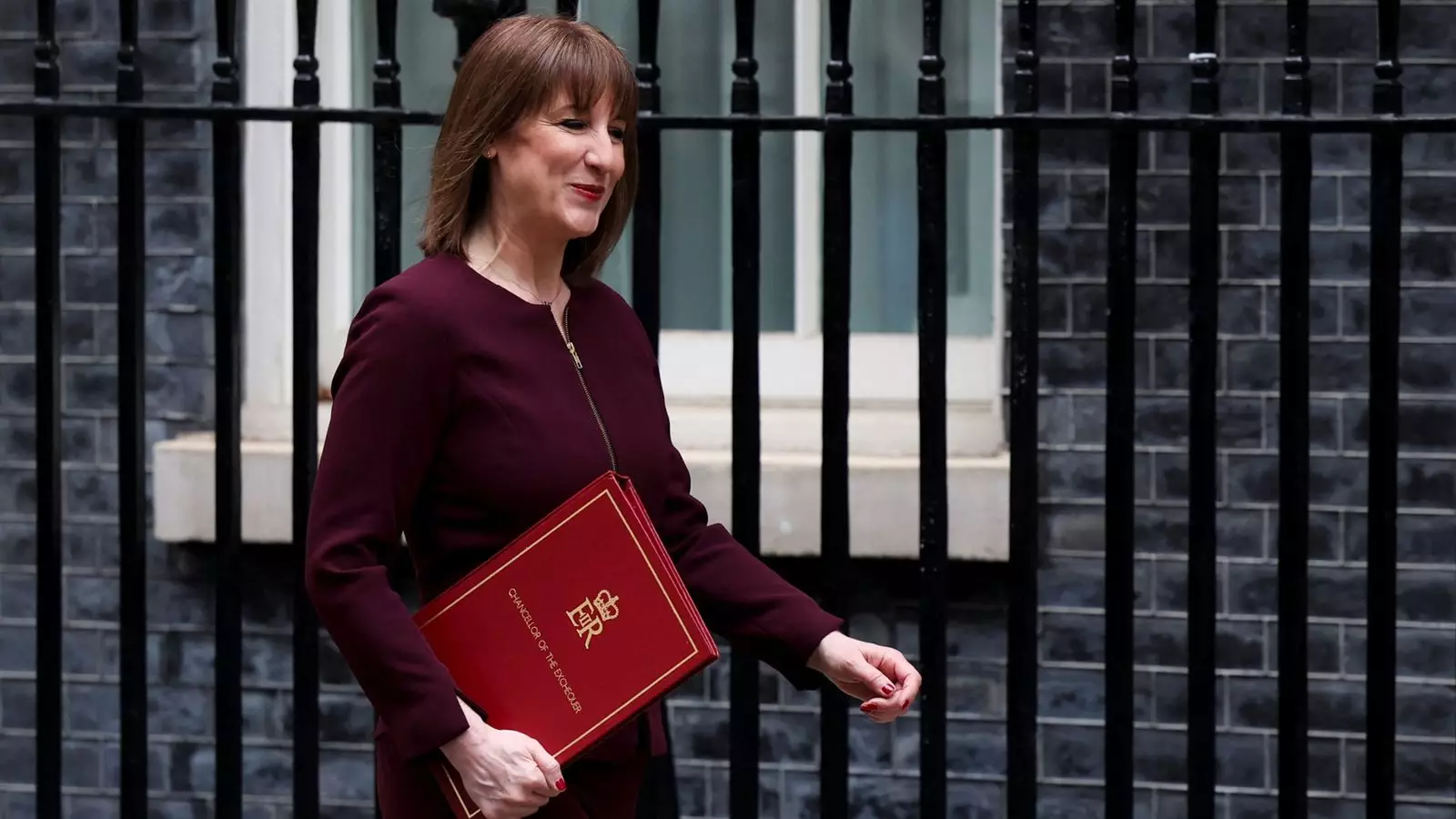In a disheartening turn of events, the Office for Budget Responsibility has slashed the UK’s growth forecast for 2025 from a modest 2% to a dismal 1%. Chancellor Rachel Reeves has had the tough job of confronting this reality head-on in her recent spring statement delivered in the House of Commons. This move underscores the longstanding challenges faced by the UK economy, heavily influenced by turbulent political and global factors that seem to confound even the most optimistic analysts.
Despite the rather bleak prediction for this year, the OBR has tempered the situation by adjusting growth forecasts upward for subsequent years leading up to 2029. But let’s not kid ourselves: these upward revisions—from 1.9% in 2026 to a marginally better 1.8% in 2029—barely ignite a flicker of hope in an economy that’s been yearning for a robust recovery. The promise of ‘slow and steady wins the race’ just doesn’t resonate when citizens face pressing issues like rising living costs and stagnant wages.
Ambition vs. Reality: A Chancellor’s Burden
Yet in her address, Reeves expressed dissatisfaction with current figures. It’s a commendable show of accountability, yet her remarks raise a fundamental question: how can we be confident in future forecasts when the present still looks so dire? “There are no shortcuts to economic growth,” she stated, signaling that the road ahead is convoluted. Still, one is left wondering whether this is merely rhetorical flourishment meant to mask deeper systemic issues that this government has failed to address substantively.
Reeves cited planned reforms to the National Planning Policy Framework as a method to stimulate growth, indicating that a mere adjustment of housing policies might lead to an increase in GDP by 0.2% by the 2029-30 fiscal year. This admittedly meager figure, coupled with the expectation of an additional £6.8 billion in economic contribution over the same period, feels far too optimistic against the challenges that lie ahead. The question then becomes not whether such reforms are necessary, but whether they are sufficient to truly catalyze the meaningful change that the UK economy desperately needs.
Penciled Cuts and a Fragile Welfare System
On another troubling front, the proposed cuts to the welfare budget by Labour, estimated to save £4.8 billion, raise serious ethical implications. Among these cuts is a halving of the health element in Universal Credit—a decision that could leave our most vulnerable citizens in the lurch. It speaks to a government more focused on numbers than on the human experience of economic hardship. Strikingly, our society often measures progress in terms of GDP growth while failing to account for the hurt that accompanies cuts to essential services. How can the viability of our economy be considered sound when lives hang in the balance?
And in a moment that demonstrated an alarming lack of fiscal foresight, the absence of new tax rises ostensibly serves to placate the masses. The idea that a billion could be reclaimed by cracking down on tax evasion seems idealistic at best and utterly naive at worst. If history teaches us anything, it’s that simplistic solutions seldom resolve complex issues.
A Call for Accountability Amidst Ongoing Uncertainty
In the face of these troubling figures, the shadow chancellor, Mel Stride, didn’t mince words. His critique, accusing Reeves of gambling with fiscal targets, comes as a reminder that fiscal policy is a delicate game of balance between ambition and pragmatism. The accusation that we’ve moved from “incompetence to chaos” is not made lightly—it resonates with the growing public sentiment that the government is out of its depth in navigating economic storms.
We live in a nation increasingly polarized, grappling with the unique hardships that a global economy presents. Until the government invests comprehensively in real, sustainable structural changes, it risks maintaining a façade of progress while the foundations of its policies crumble. Perhaps it’s time for this parliament to reconsider its priorities, focusing on genuine growth that doesn’t merely ask for patience but actively supports all citizens in the process. Only then can the UK hope to emerge from this quagmire stronger and more cohesive.


Leave a Reply